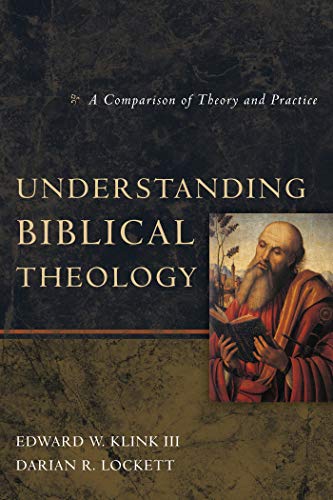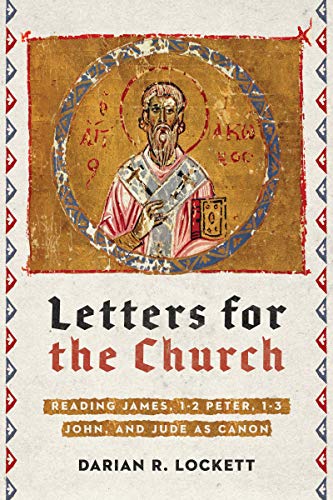Join our list
Subscribe to our mailing list and get interesting stuff and updates to your email inbox.
 Author(s): Edward W. Klink III, & Darian R. Lockett
Author(s): Edward W. Klink III, & Darian R. Lockett
Publisher: Zondervan Academic
Price: $3.99
Understanding Biblical Theology clarifies the catch-all term “biblical theology,” a movement that tries to remove the often-held dichotomy between biblical studies for the Church and as an academic pursuit.
This book examines the five major schools of thought regarding biblical theology and handles each in turn, defining and giving a brief developmental history for each one, and exploring each method through the lens of one contemporary scholar who champions it. Using a spectrum between history and theology, each of five “types” of biblical theology are identified as either “more theological” or “more historical” in concern and practice:
Biblical Theology as Historical Description (James Barr)
Biblical Theology as History of Redemption (D. A. Carson)
Biblical Theology as Worldview-Story (N. T. Wright)
Biblical Theology as Canonical Approach (Brevard Childs)
Biblical Theology as Theological Construction (Francis Watson).
A conclusion suggests how any student of the Bible can learn from these approaches.

Publisher: Zondervan Academic
Price: $3.99 (Ends May 31)
Understanding Biblical Theology clarifies the catch-all term “biblical theology,” a movement that tries to remove the often-held dichotomy between biblical studies for the Church and as an academic pursuit.
This book examines the five major schools of thought regarding biblical theology and handles each in turn, defining and giving a brief developmental history for each one, and exploring each method through the lens of one contemporary scholar who champions it. Using a spectrum between history and theology, each of five “types” of biblical theology are identified as either “more theological” or “more historical” in concern and practice:
Biblical Theology as Historical Description (James Barr)
Biblical Theology as History of Redemption (D. A. Carson)
Biblical Theology as Worldview-Story (N. T. Wright)
Biblical Theology as Canonical Approach (Brevard Childs)
Biblical Theology as Theological Construction (Francis Watson).
A conclusion suggests how any student of the Bible can learn from these approaches.
 Author(s): Darian R. Lockett
Author(s): Darian R. LockettPublisher: Intervarsity Press
Price: $2.99 (Mar 28-29)
The Catholic Epistles often get short shrift. Tucked into a few pages near the back of our Bibles, these books are sometimes referred to as the “non-Pauline epistles” or “concluding letters,” maybe getting lumped together with Hebrews and Revelation. Yet these letters, Darian Lockett argues, are treasures hidden in plain sight, and it’s time to give them the attention they deserve.
In Letters for the Church, Lockett reveals how the Catholic Epistles provide a unique window into early Christian theology and practice. Based on evidence from the early church, he contends that the seven letters of James, 1–2 Peter, 1–3 John, and Jude were accepted into the canon as a collection and should be read together. Here Lockett introduces the context and content of the Catholic Epistles while emphasizing how all seven letters are connected. Each chapter outlines the author, audience, and genre of one of the epistles, traces its flow of thought, and explores shared themes with the other Catholic Epistles.
The early church valued the Catholic Epistles for multiple reasons: they defend orthodox faith and morals against the challenges of heretics, make clear that Christianity combines belief with action, and round out the New Testament witness to Christian faith and life. By introducing the coherent vision of these seven epistles, Letters for the Church helps us rediscover these riches.


